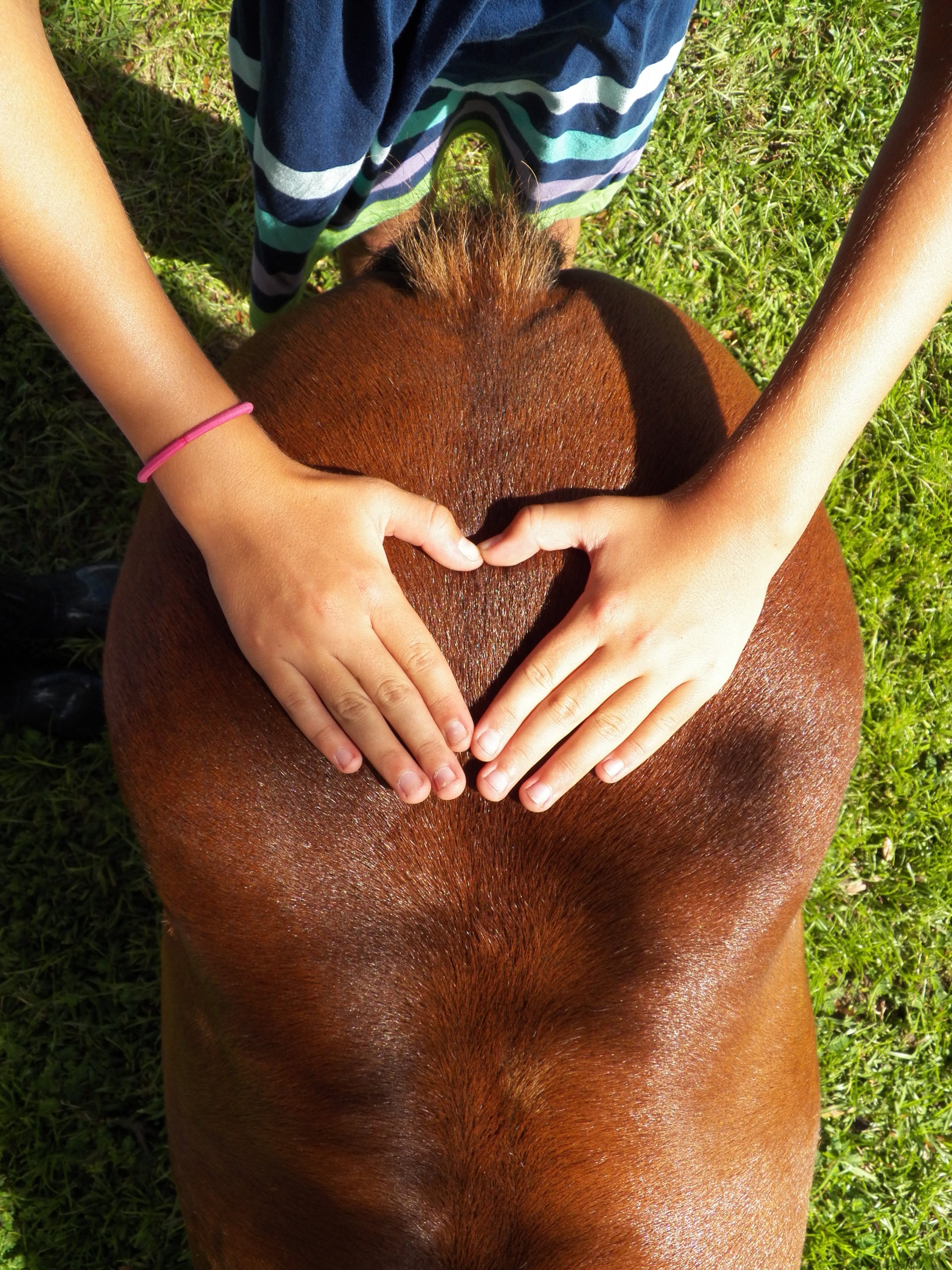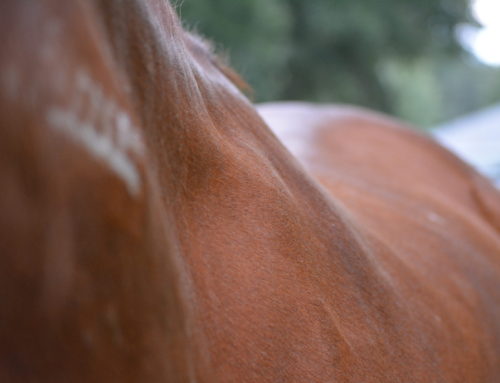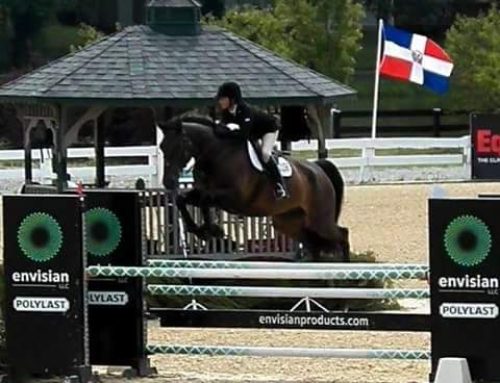Love is Complicated
It’s no joke that people love their horses. Sometimes (and probably too often), we care about them more than our human family and friends. But when it comes to having a relationship with our horses, we can sometimes be bad partners. We’re not bad partners because we don’t care about their well being, we’re bad partners because we lack with communication. Every day we try to communicate with an animal that doesn’t speak English, French, Spanish, or any other human language. It can get a little tricky at times, and when it does, it’s easy to become a bad partner pretty quick.

What Kind of Partner are You?
Unlike relationships with other people, your horse only knows who you are when you’re together. He doesn’t know who you hang out with, or what you eat, or what else you like to do in your free time. He just knows how you make him feel when you spend time together.
So, who are you in the relationship? Do you make him feel really good about himself? Or do you make him feel nervous? Are you demanding? Or are you passive? Figuring out who you are in the relationship can help you build a stronger one with your horse.
I have to confess, I’m not always a supportive and understanding partner. In fact, I’m pretty sure some of my previous horses would have dumped me if they were people. At times, I can be a demanding partner, pushing them into uncomfortable situations. I’ve handled conflict poorly in the past, leaving my horse with a “bad” experience. Although I’ve had my share of mistakes, I’ve also had my share of triumphant moments with my horses. Times when I did make him feel good about himself, instilling him with confidence. Times when me and my horse seamlessly spoke the same language and accomplished something brilliant.
Understanding how you react to situations can help your horse work through his discomforts.

Communication
Along with figuring out what kind of partner you are, you also have to figure out how you communicate. Are you a passive communicator? Or are you an aggressive communicator? Can you be both? If you are a passive communicator and you find your horse takes advantage of you, you might need to learn to be a more dominant communicator. If you are an aggressive communicator and find you are shaking your horse’s confidence, you might need to learn to be a more passive communicator.
As you know, not every person responds the same to a certain type of communication. If you prefer people who are more soft spoken than people who are more obnoxious, you probably surround yourself with the soft spoken people. Your horse is no different. If he likes people who have a softer way of communicating, he is going to be nervous if you communicate with him aggressively.
Understanding how you and your horse communicate as individuals can help you communicate in a more compatible manner. Then it is up to you to communicate how your horse likes to be communicated with. Just like people, horses have a variety of unique personalities. They too react differently to different types of communication.
New VS Old
People who have been in a relationship a long time communicate differently than people who are in a new relationship. The same goes for relationships with your horses. On a first date, you are simply trying to get to know each other. When you are on the hundredth date, you are going to know and trust each other a lot more.
Let’s say you are going on a first date with another person. You decide to take them rock climbing. Now unless they are comfortable rock climbing, it is going to be hard for them to trust you with their life. They don’t know much about you, or how trustworthy you are. Most likely they are going to be uncomfortable on the date. Now let’s say you are going on your hundredth date with your significant other. By now you know each other well, and they know they can trust you. If you decided to take them rock climbing, they would be more willing to trust you than on the first date.
Your relationship with your horse is no different. The first time you work with your horse, you are trying to figure each other out. You’re trying to figure out how they communicate, how they respond to different situations, and what kinds of things make them feel good or bad. It’s important to build up a little trust before we ask uncomfortable demands of our horses. By the hundredth time you work with your horse, he is going to hopefully have more trust in you. If an uncomfortable situation comes about, he will trust that you will keep him safe.
Don’t take your horses rock climbing on a first date. Build some rapport first.

Becoming A Good Partner
Understanding the little personality traits of you and your horse will help you become a better partner. It is up to us to work on being the best partner possible for our horses. They don’t have the free will to dump you if you’re being a bad partner, but they can try to tell you how they feel if you listen. If you understand some simple things about how you and your horse communicate, you’ll be on the way to a happy, long lasting relationship with your horse.


